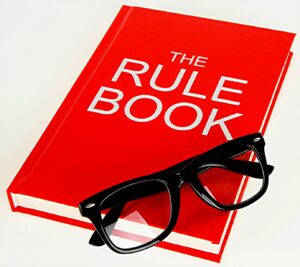Hotchpot clause has been around since at least the 12th Century, although disinherited.com has seen fewer in more recent years than even 25 years ago.
The purpose of such a clause in a will is to equalize the benefits that beneficiaries have or will receive, as advances during the life of the testator, so as in the words of Re Cosier (1897) 1 Ch. 325 ( C.A.)” :
“What is the object of every hotchpot clause? It is simply to prevent a person to whom a testator has left a share of his estate, and who has been advanced in the testator’s lifetime, from obtaining, by the combined effect of the bequest and the advance, more of the testator’s property than he intended the legatee should have.”
Black’s Law Dictionary defines “hotchpot” as:
“the blending and mixing [of] property belonging to different persons, in order to divide it equally.
Anciently applied to the mixing and blending of lands given to one daughter in frank marriage, with those descending to her and her sisters in fee-simple, for the purpose of dividing the whole equally among them; without which the daughter who held in frank marriage could have no share in the lands in fee-simple. Hotchpot or the putting in hotchpot, is applied in modern law to throwing the amount of an advancement made to a particular child, in real or personal estate, into the common stock, for the purpose of a more equal division, or of equalizing the shares of all the children.”
Thus in order to achieve this equity, the testator might in his will refer to the fact that certain property :
1) has already been transferred and that it should be brought into account by hotchpot;
2) a debt owing at death is in turn converted into an advancement by way of a loan and brought into account by hotchpot
– See more at: http://www.disinherited.com/blog/what-does-hotchpot-clause-will-mean#sthash.g6kiB7FU.dpuf




